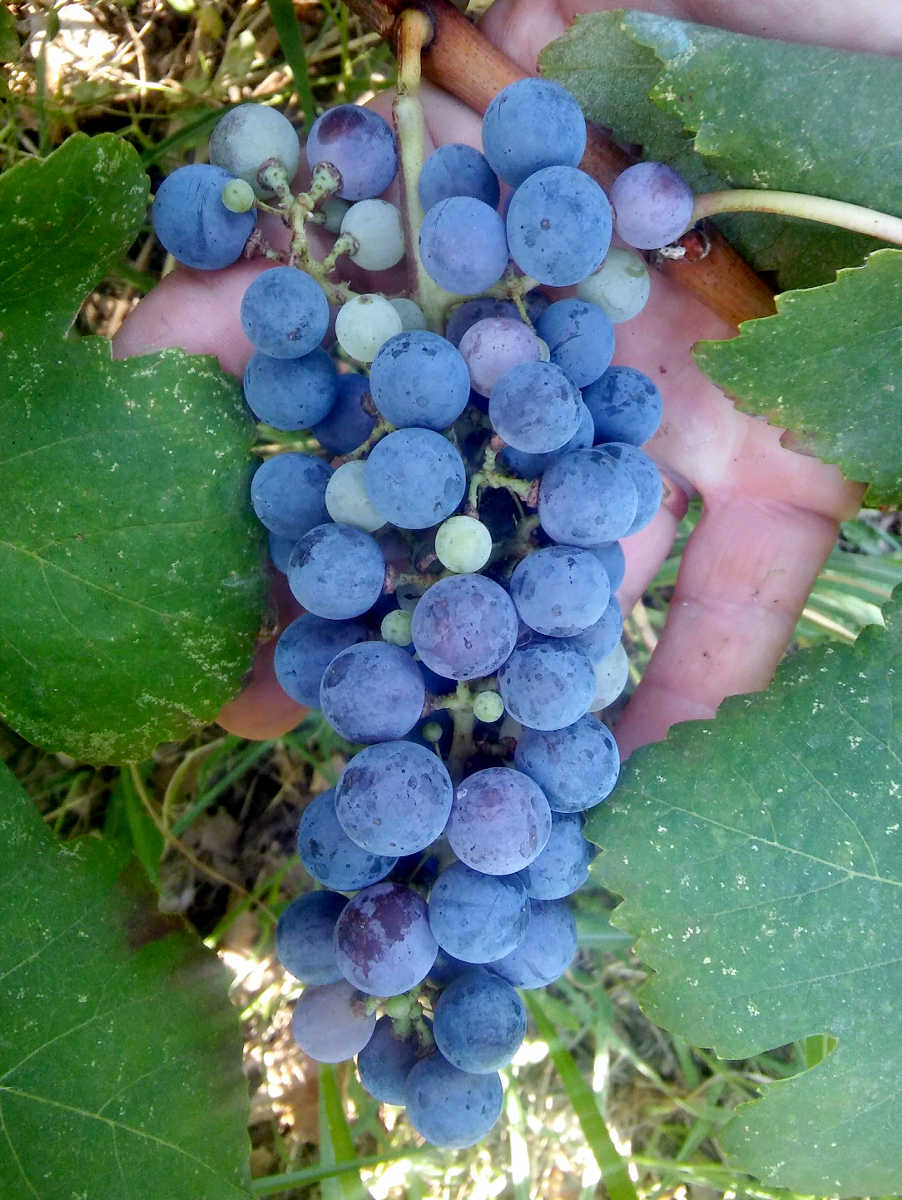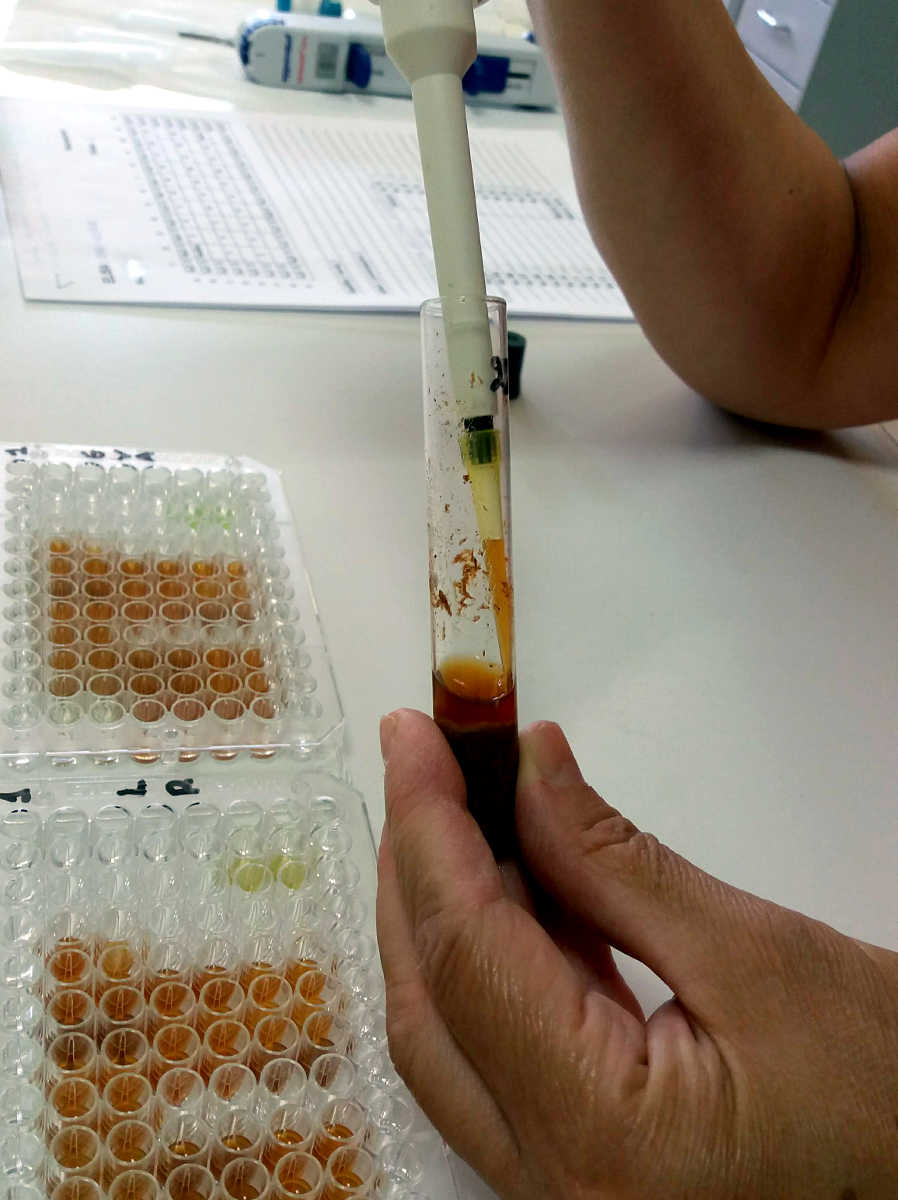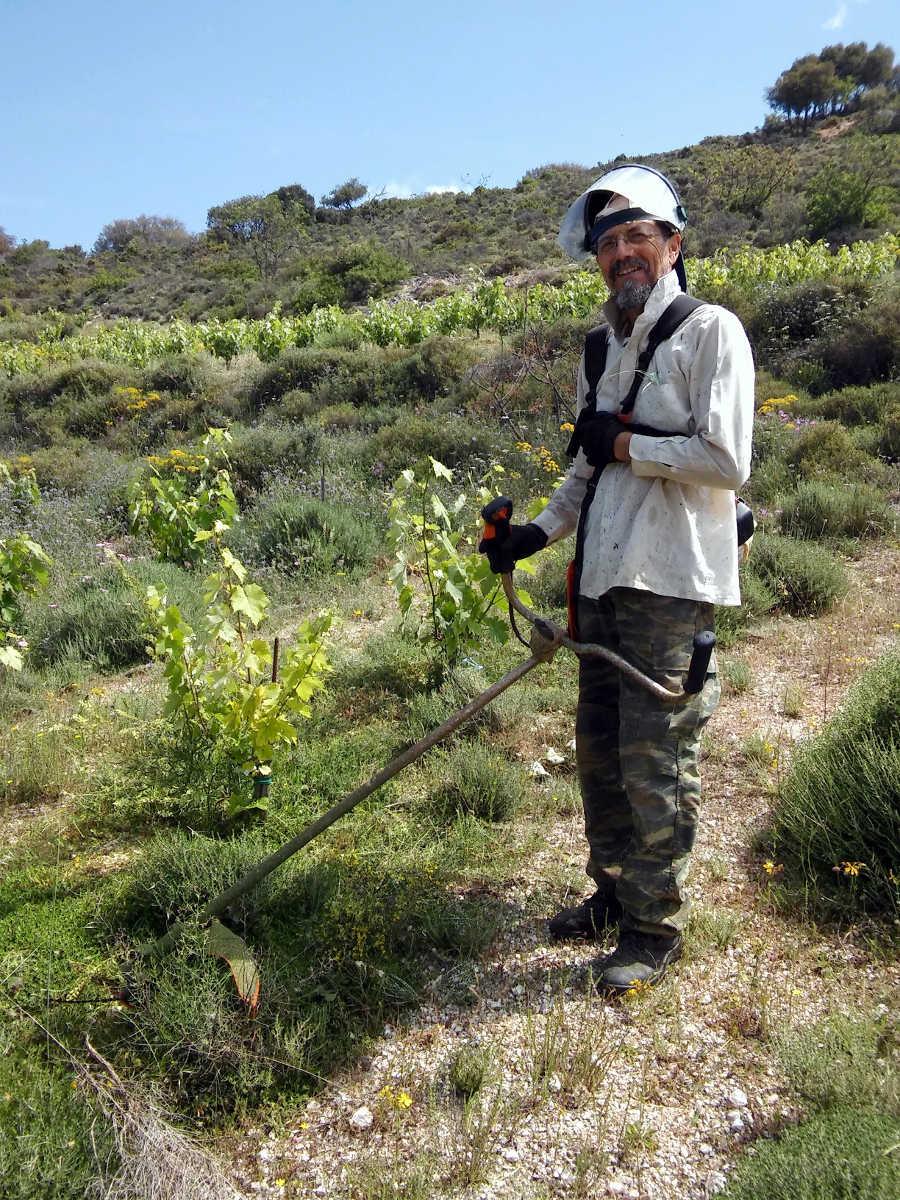Problem Statement
Robola is considered one of the noblest white grape varieties of Greece. It has high economic value because, on one hand, it produces wines with desirable characteristics; on the other hand, local communities have developed suitable industrial infrastructure and expertise for its vinification.
One of the major threats to the survival of own-rooted (ungrafted) vines is the disastrous parasite phylloxera (Daktulosphaira vitifoliae). According to the wine Cooperative of Robola Producers, most of the Cephalonian vineyard is own-rooted, therefore in urgent need of replanting to avoid destruction from phylloxera.
So far, the knowledge as far as selection of rootstock is experiential and fragmentary rather than based on research tailored to the local conditions. This project aspires to answer the question, which combinations of rootstock and scion result in highest yields and highest quality wines?
Also, for the first time we can answer the question what is the optimum management of native vegetation in the vineyard. The native vegetation (“weeds”) is commonly controlled via tillage (plowing or rototilling). The long term impact is the loss of organic matter or humus, the most valuable soil constituent. This project aspires to show whether mowing native vegetation and converting it to mulch preserves organic matter and soil moisture better than tillage. It is hoped that a significant side benefit would be the cost savings of using less horsepower for machinery and less fuel.
The project conforms to the «Research & Innovation Strategy for Smart Specialization» (RIS3) of the Ionian Islands because it concerns infrastructure actions for the production of knowledge which will support novel entrepreneurial activities in priority sectors with respect to the RIS3, especially in the agri-nutrition sector.





